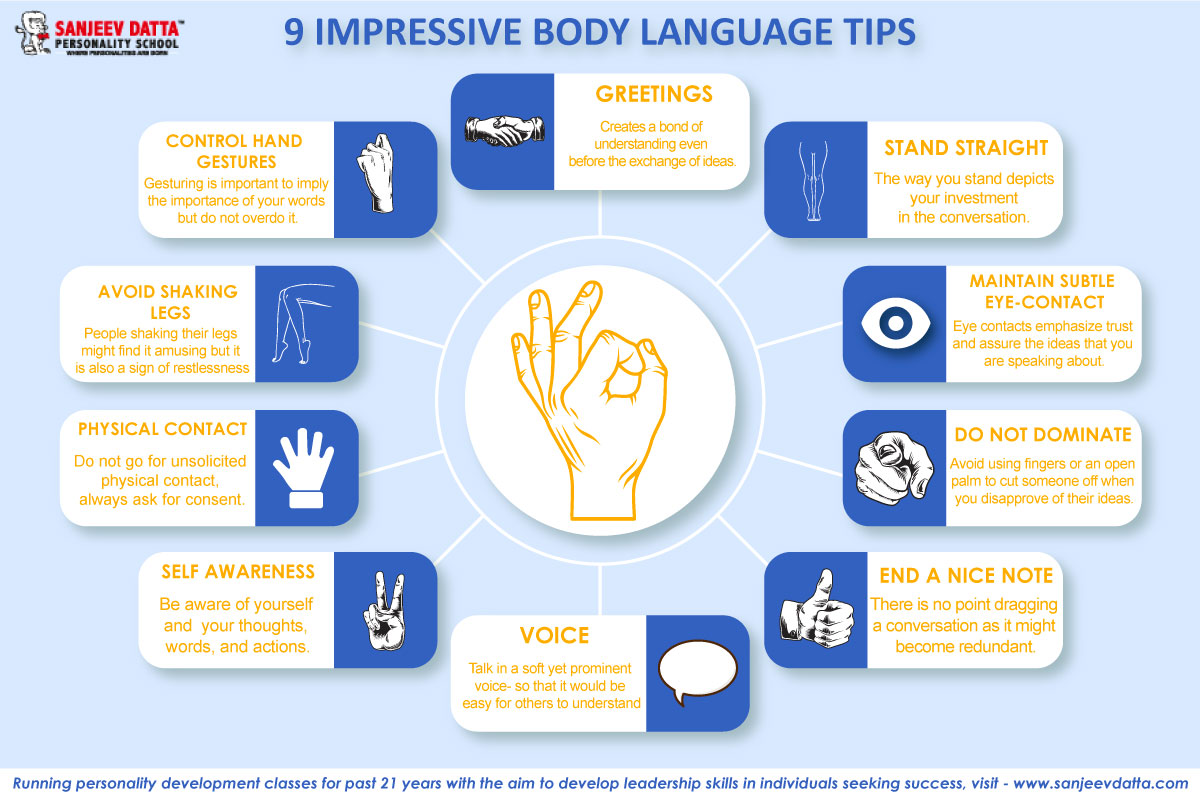In today’s interconnected world, where relationships and interactions are increasingly facilitated through technology and social media, the importance of strong social skills cannot be overstated. The ability to effectively navigate social interactions with ease and confidence is a valuable asset that can have a significant impact on personal and professional success. By cultivating these essential social skills, individuals can establish meaningful connections, foster improved relationships, and enhance their overall well-being. In this article, we will delve into seven crucial social skills that serve as pillars for building positive connections and thriving in various aspects of life. These skills encompass active listening, empathy, effective communication, emotional intelligence, conflict resolution, collaboration, and adaptability. By understanding and implementing these important social skills, individuals can unlock a multitude of opportunities for personal growth, professional advancement, and a more fulfilling life.
Important Social Skills
- Observation:

While it may come naturally to some and is often associated with introverted individuals, anyone can cultivate this skill by consciously paying attention to the happenings in the lives of those around them, both in educational and professional environments. By stepping back and observing others’ behavior in various situations, one can gain insights into complex concepts such as group dynamics, relationships, non-verbal communication, and colleagues’ personalities.
2. Active listening:

Active listening entails giving full attention to a person during communication without interruptions or distractions. Active listeners are skilled at closely attending to others when they speak, demonstrating respect for their words. Improving active listening skills involves avoiding distractions, maintaining focus on the speaker, and displaying understanding through body language and expressions of concern or appreciation. By honing this skill, individuals can foster better understanding, strengthen relationships, and effectively convey their presence and engagement in conversations.

3. Conflict resolution:

Conflict resolution is the ability acquired through the best personality development coach, to perceive a problem objectively and develop practical solutions. Rather than getting embroiled in arguments, effective conflict resolvers focus on understanding the root cause of the issue and working toward its resolution. Those proficient in conflict resolution often excel in roles involving human resources or customer service, as they possess the skills necessary to address conflicts constructively and maintain a harmonious work environment.
4. Empathy:

Empathy, closely tied to observation skills, involves the capacity to understand and share the feelings of others. It requires consciously recognizing and acknowledging the emotions experienced by others in various situations. Expressions such as “I understand what you’re going through,” “I’m sorry to hear that you feel this way,” or “I’m sorry this happened to you” exemplify empathy. Cultivating empathy involves deliberate efforts and thoughtful consideration of others’ feelings. Strong empathy skills contribute to improved workplace relationships and a deeper understanding of colleagues.
5. Written and verbal communication:

Effective social skills encompass both written and verbal communication. When expressing oneself through writing or speech, clarity, proper spelling, grammar, and articulate language are crucial to effectively convey one’s message. By mastering these communication components, individuals ensure that their thoughts and intentions are accurately portrayed, facilitating successful interactions and reducing misunderstandings. The best soft skills coach will help you develop the ability to improve your verbal and written communication in professional settings.
6. Mirroring:

Mirroring is a valuable skill for professionals who frequently interact with people, such as those in sales, healthcare, or client relations. Mirroring involves subtly adopting the body language and emotions of the person one is conversing with to create a sense of comfort and understanding. It can foster rapport and facilitate agreement between individuals. Particularly in sales positions, mirroring assists in finding common ground and reaching mutually beneficial outcomes.
7. Cooperation:

Cooperation is a fundamental social skill that holds immense importance in the workplace, highlighting the capacity to work harmoniously and effectively with others in pursuit of shared objectives. It plays a pivotal role, particularly in team projects, where the ability to cooperate seamlessly can significantly impact the overall success of the endeavor. By embracing cooperation, individuals contribute positively to collaborative efforts, fostering an environment of synergy and collaboration. Through active participation, open communication, and a willingness to compromise and support team members, individuals enhance productivity, creativity, and overall outcomes. Cooperation promotes a sense of unity, encourages the exchange of ideas and expertise, and empowers teams to overcome challenges and achieve collective success. It also cultivates a positive work culture based on trust, respect, and shared responsibility, enhancing job satisfaction and fostering long-term professional growth.
Visit: importance of assertive communication
Social skills are indispensable tools for building meaningful connections and navigating social interactions effectively. By cultivating active listening, empathy, effective communication, emotional intelligence, conflict resolution, collaboration, adaptability, and other important social skills, we can create harmonious relationships, foster positive environments, and achieve personal and professional success. Developing these skills requires practice, self-reflection, and a genuine desire to connect with others. So, let us embrace these essential social skills and embark on a journey of building stronger, more fulfilling relationships. By honing these seven important social skills, we can create a positive ripple effect that extends beyond our immediate interactions and contributes to a more harmonious society.
Why Sanjeev Datta Personality School?
For the past two decades, Sanjeev Datta has served as an indelible mentor, philosopher and guide to thousands of individuals. A recognized authority in leadership development, theatre-induced-confidence building measures and inculcation of peak performances; Sanjeev Datta has consistently been working towards humanitarian endeavors. He even invented the unique and rare Theatrical Action Method (TAM) to boost confidence in kids/individual.
He is the formulator of unique & scientific “Theatrical Action Method” for personality transformation & personal development that helps in boosting confidence and transforming personality.
For more, contact us now!


